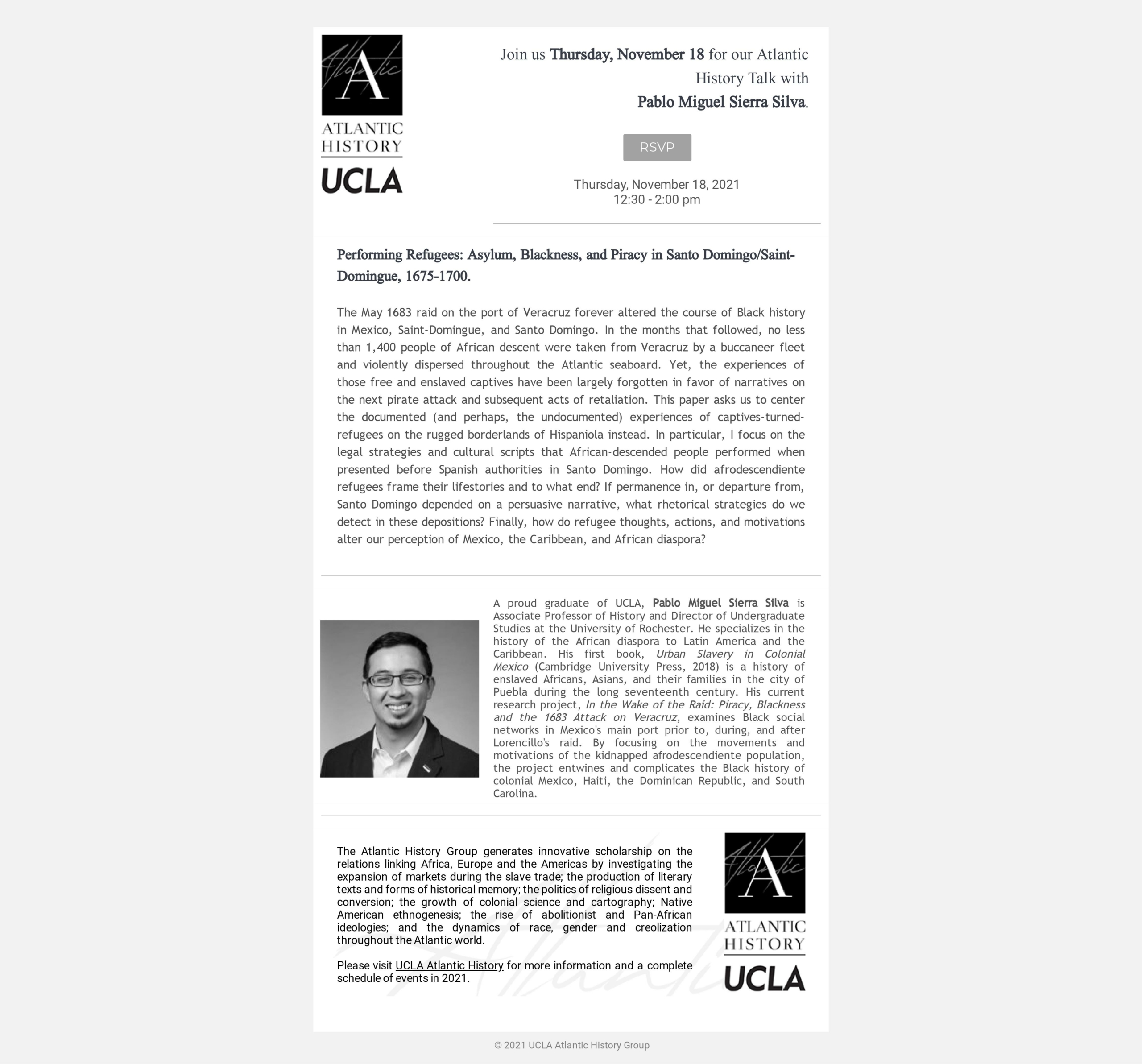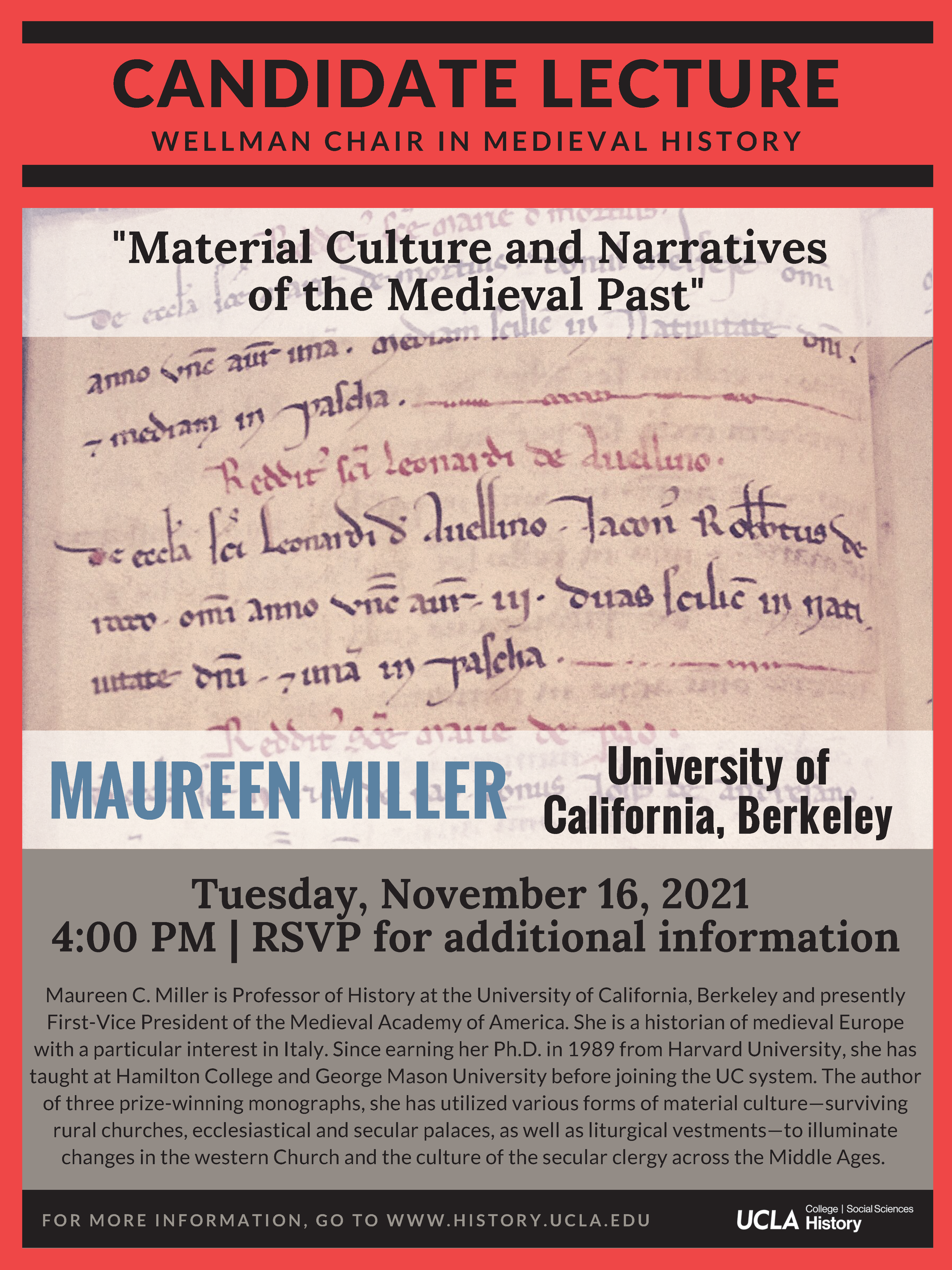


Iris Clever, “The Afterlives of Skulls: How Race Science Became a Data Science.”
ZoomNov 29 Iris Clever (University of Chicago) "The Afterlives of Skulls: How Race Science Became a Data Science." This talk will introduce anthropological practices that remain largely unexplored in the historical literature on racial science: biometrics. In the early twentieth century, biometricians analyzed skull measurements with novel statistical methods to demonstrate racial-biological differences. With skull-measuring instruments […]
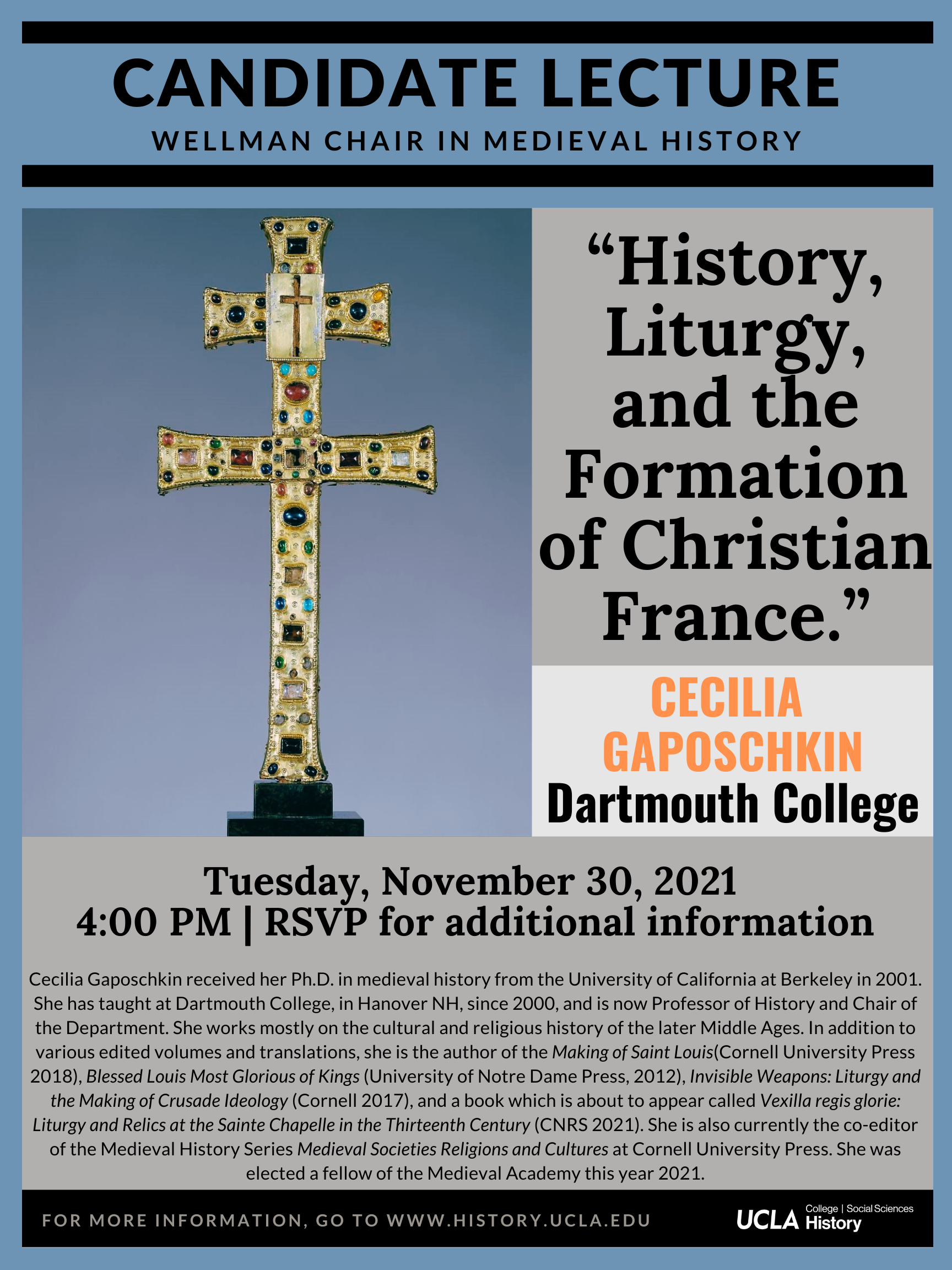
Cecilia Gaposchkin (Dartmouth College), “History, Liturgy, and the Formation of Christian France”
Location given upon RSVPTo RSVP, please email Ann Major ann@history.ucla.edu
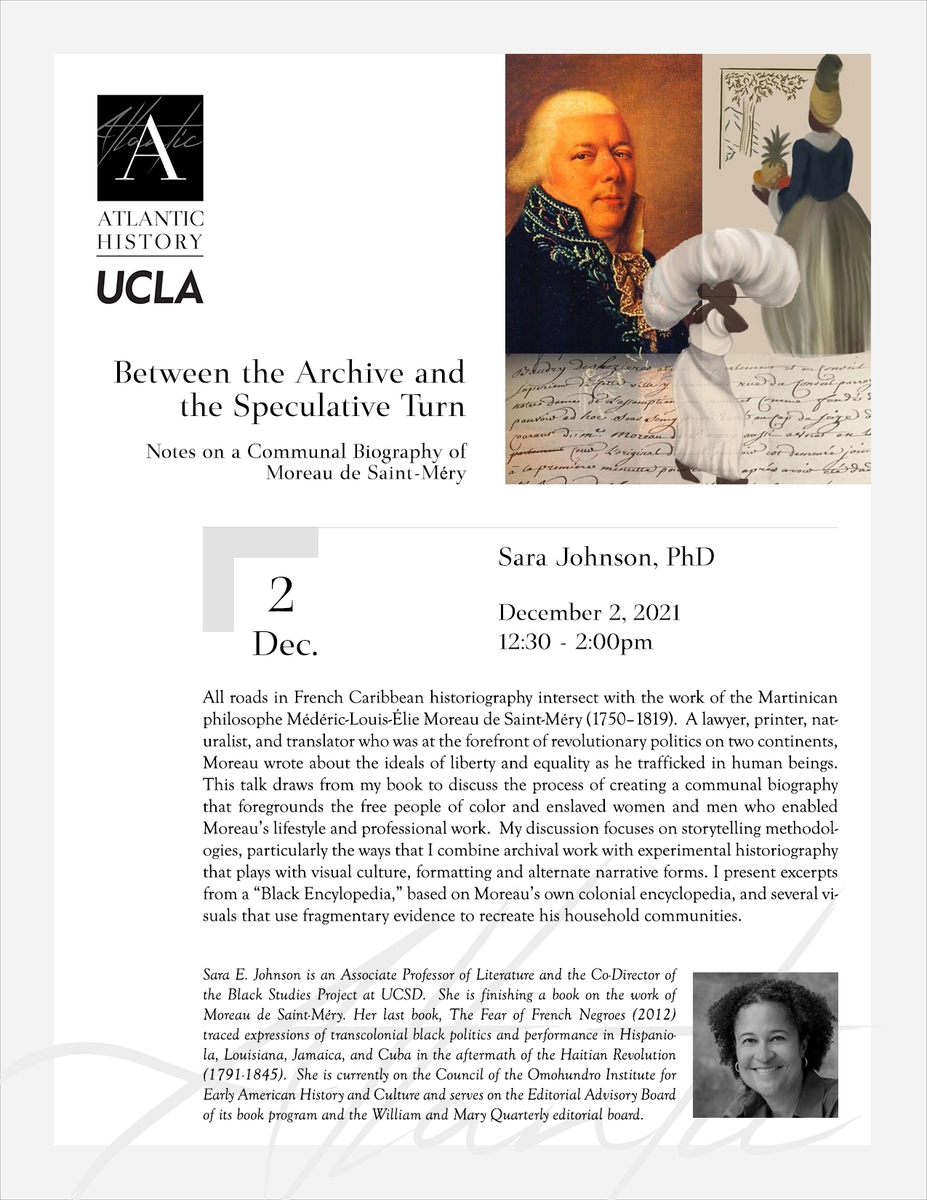
L’Encyclopedie noire: An Assembly of Shadows
Zoom RSVPRVSP Here
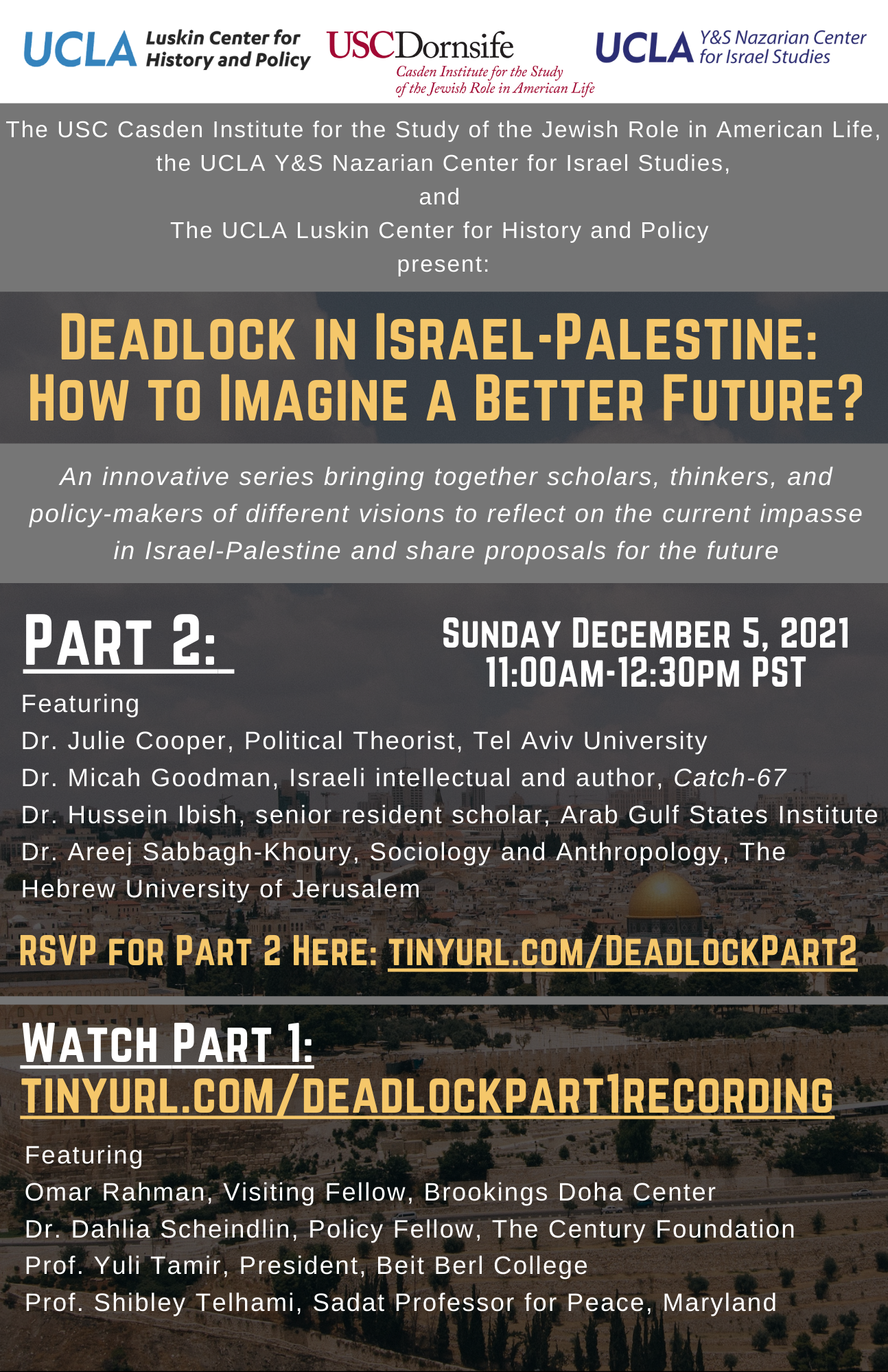
Deadlock in Israel-Palestine Part 2
RSVP: tinyurl.com/deadlockpart2 Event Recording Part 1
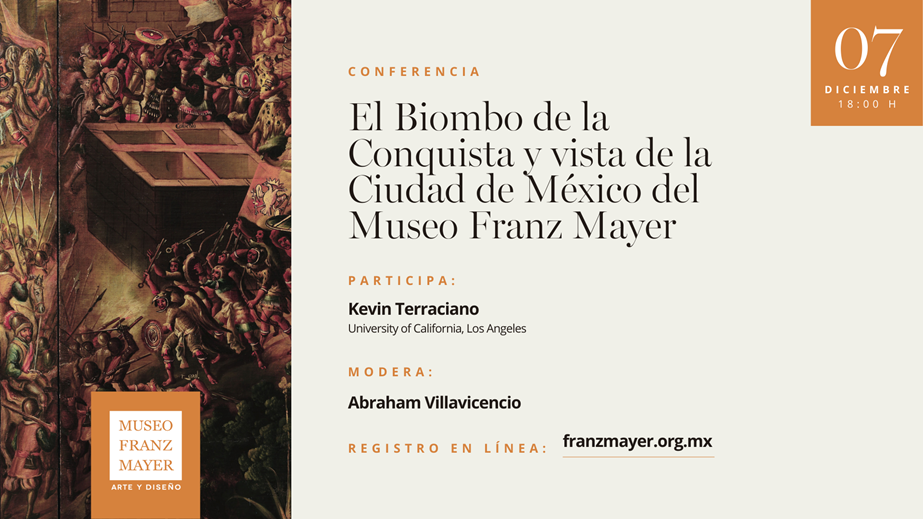
El Biombo de la Conquista y vista de la Ciudad de Mexico del Museo Franz Mayer
ZoomThe presentation will be held in Spanish. Register here!
History of Science Colloquium: Charles Kollmer (Caltech)
Zoom"Industrial Accumulations: Microbes and Materials in Motion in the Late Nineteenth Century" Beginning in the latter half of the nineteenth century, across Western Europe, North America, and regions of the globe colonized by European nations, lines of scientific inquiry on the etiology of infectious diseases and the efficacy of industrial fermentations converged with longer-standing academic […]
History of Science Colloquium: John Di Moia (Seoul National University/ UCLA Korean Studies)
"From ‘Boxes’ to Containers: Containerization, Post-colonial East and SEAsia, and Re-evaluating Technology Transfer (1950-1973)" When the United States became involved in the Korean War, its primary mechanism for conveying personal goods to the scene was the Transporter, a leftover from World War II, and the CONEX (Container Express) box, a predecessor to the more recent […]

Spiritscapes’ as ‘Atlantic Modernities’ by Degenhart Brown
Zoom RSVPIn this presentation I explore how the dense vectors of material culture and spirit possession established in the crucible of the modern era continue to inform the decisions of millions of west Africans as they navigate everyday realities at home and abroad. In the first half of this talk, I explore emerging themes in “fetish […]
History of Science Colloquium: Alexander Statman (UCLA, Law)
“A Global Enlightenment: Western Progress and Chinese Science.” The idea of progress frames our modern understanding of understanding itself. It offers a historical account of the development of knowledge in space and time, with the natural sciences serving as both its mark and guarantor. This account has a distinctive history all of its own. Historians […]
POSTPONED – European Colloquium: Anthony Grafton’s Talk
TBDPOSTPONED: Anthony Grafton's talk scheduled for February 9th 4-6PM has been postponed to Spring Quarter. More information will be provided in the future.

